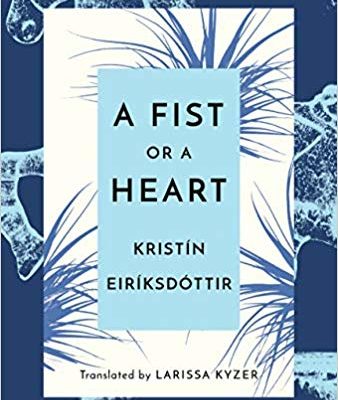August 18 – 22, 2025

- The pleasures of lap-swimming at a bargain gym in East LA
- Laurie Stone rewatches Paper Moon
- Angelina Mazza makes the case for Goodreads
Support Lit Hub.

The Ten Thousand Doors of January
Alix E. Harrow
One Person’s Junk Is Another Person’s Treasure
In Brazil, One Man Collects Fragments of Discarded Lives
Lit Hub Daily: September 16, 2019
THE BEST OF THE LITERARY INTERNET
Searching for Women’s Voices in the Harshest Landscape on Earth
Elizabeth Rush on Antarctica, the "Last Male Sanctuary."
How to Be Human in a Time
of Climate Crisis
On Relearning the History of an Earth on the Verge
On Alma Mahler, Muse and Mistress of Fin-de-Siecle Vienna
Cate Haste Considers the Legacy of "a modern woman who
lived out of her time."
Faster Than We Thought: What Stories Will Survive Climate Change?
Omar El Akkad on Our Obligation to Preserve Memories
Helen Phillips on Her Dark Exploration of Motherhood
The Author of The Need on First Draft
Elizabeth McCracken: Remembering Susan Kamil, Friend and Editor
"Susan was always looking out for the safety and happiness
of those she loved."
Can Climate Fiction Be… Hopeful?
Alex DiFrancesco and Ashley Shelby on Writing
Mythology for a New Era
The US Tour That Made Gertrude Stein a Household Name
She Was Always Ready for the Paparazzi
Will It Ever Be Ethical for Athletes to Edit Their Genes?
Françoise Baylis on the Problematic New Science of
"Building Better Humans"
Marching on London with Extinction Rebellion
Thomas Bunstead on the Pilgrimage from East Sussex to London
On the Rare Decency of
Susan Kamil
John Freeman Remembers One of Publishing's Great Editors
A Fist or a Heart
Kristín Eiríksdóttir (trans. Larissa Kyzer)
Lit Hub Weekly: September 9 – 13, 2019
THE BEST OF THE LITERARY INTERNET
Page 1339 of 1866




